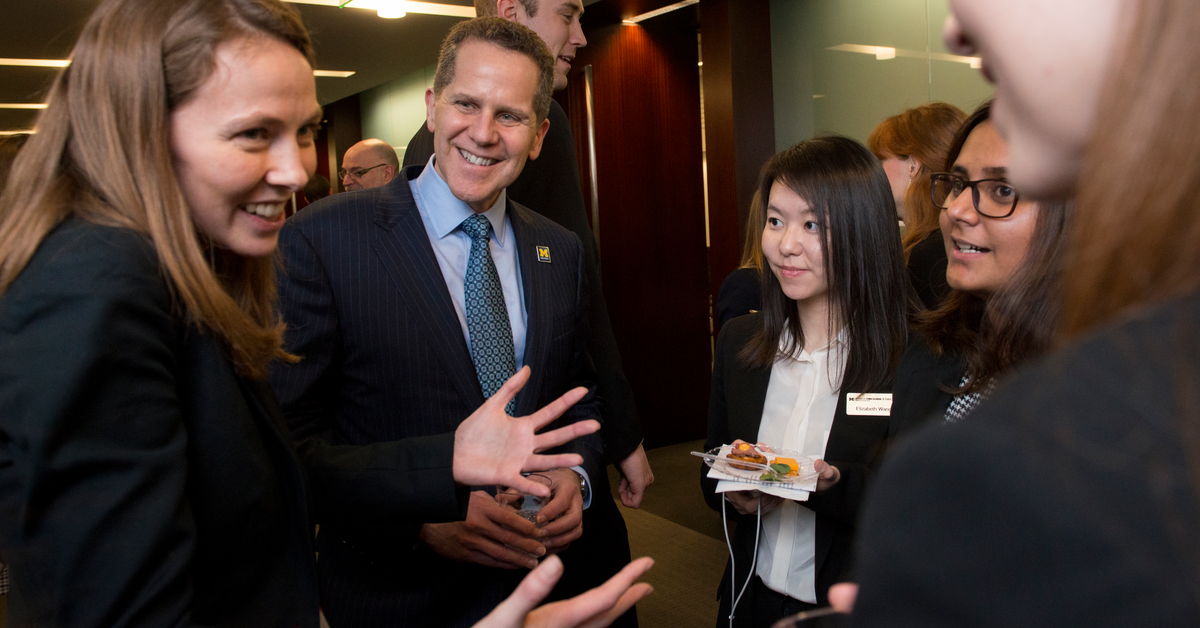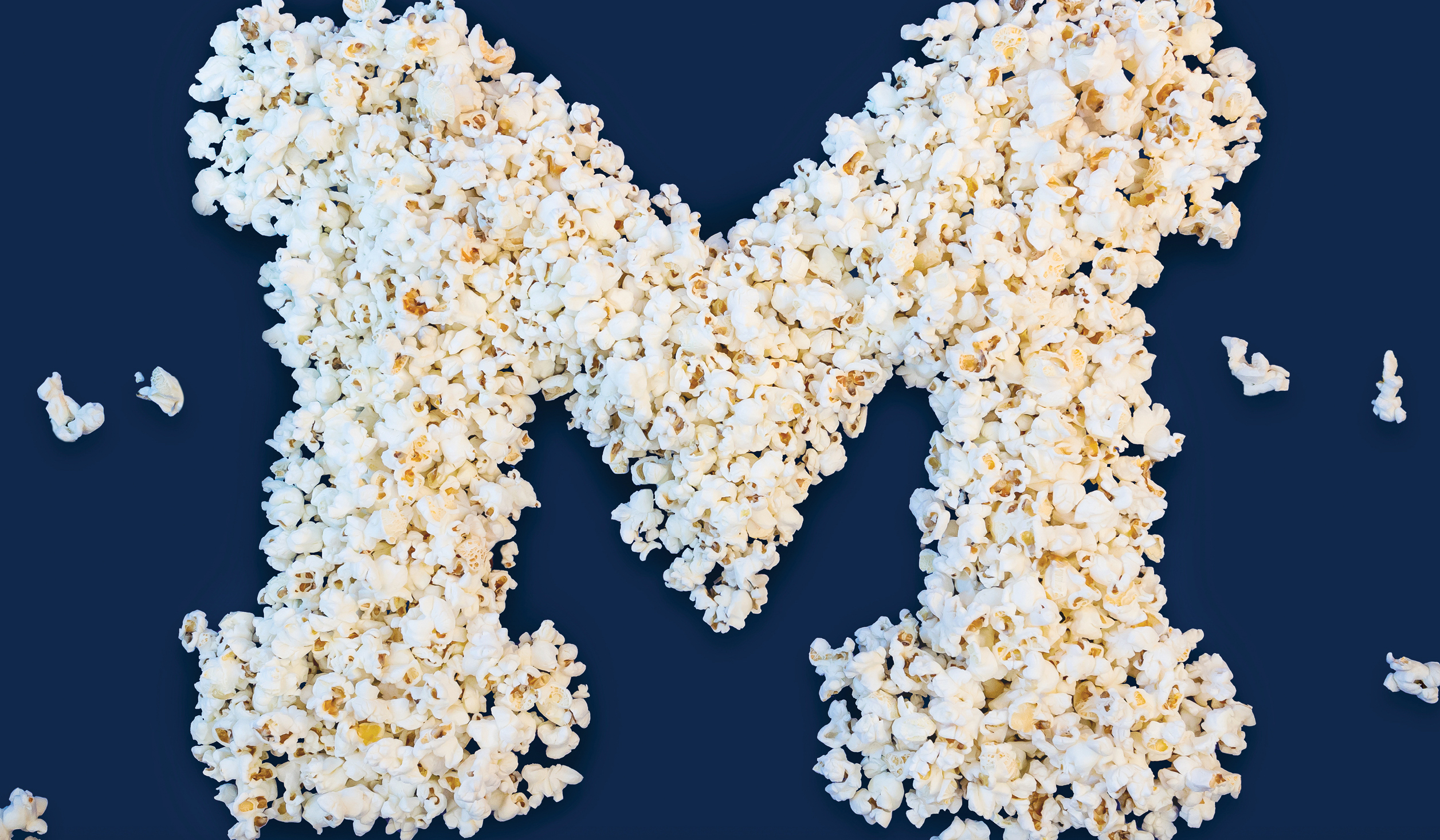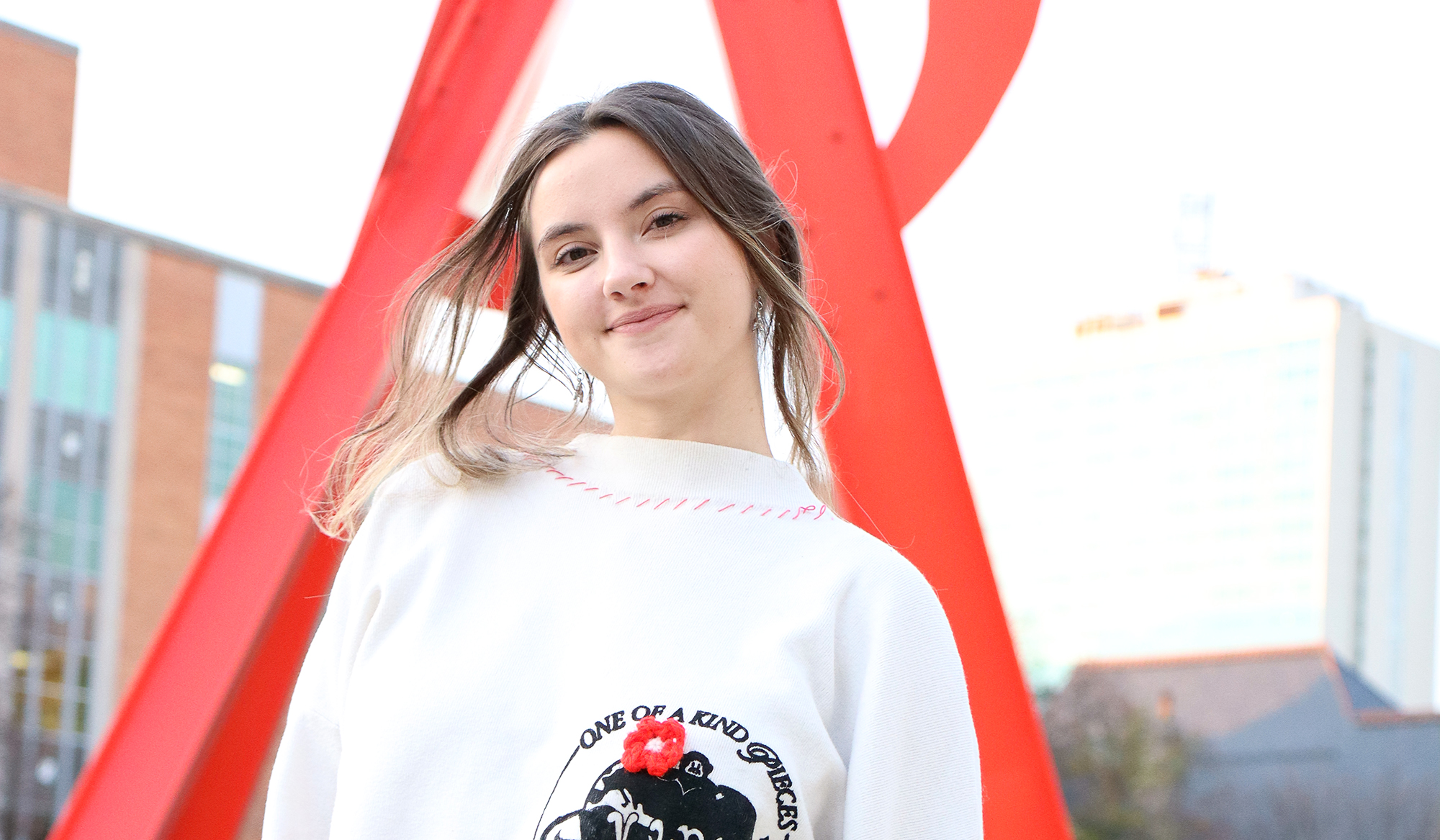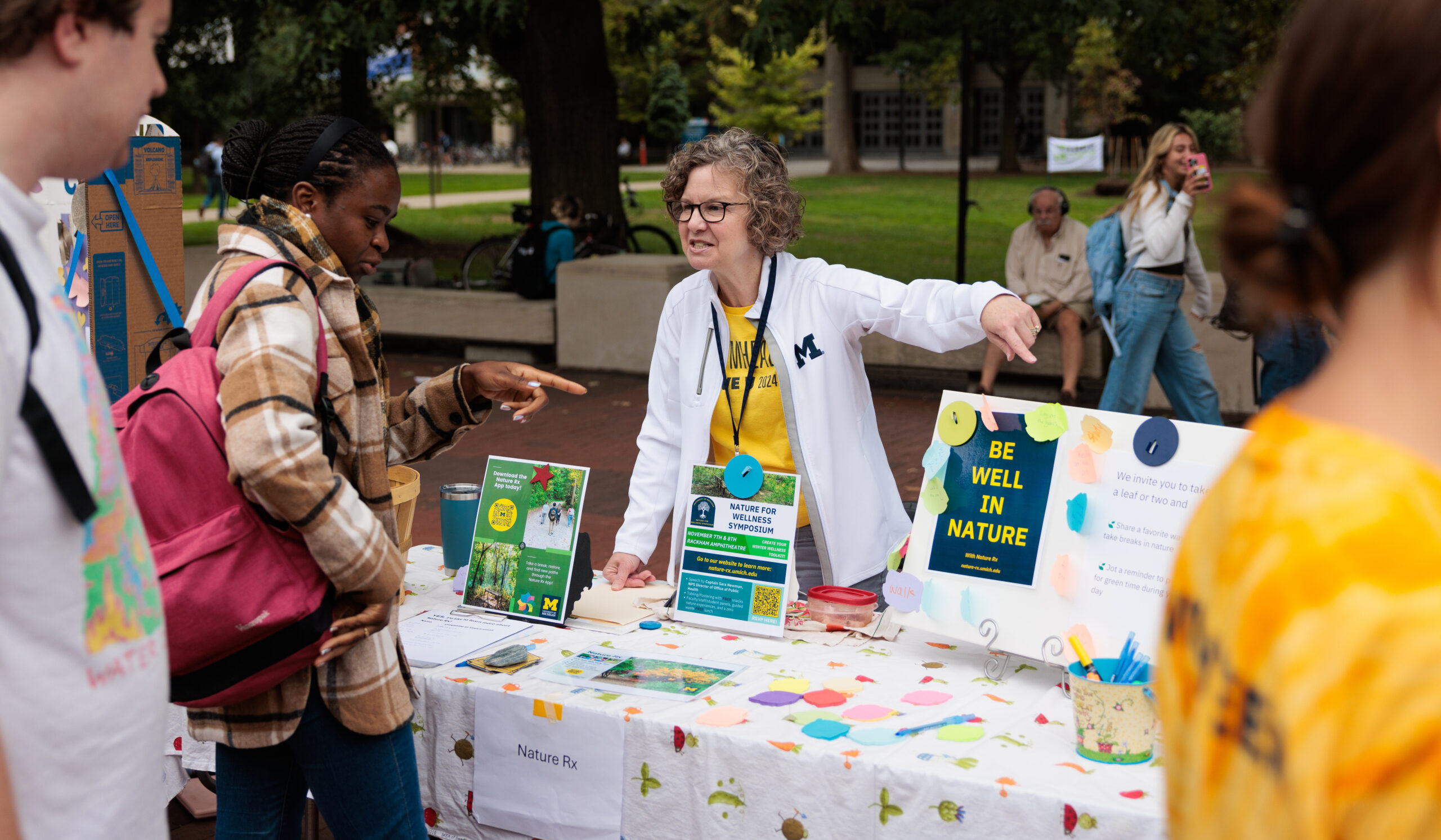This issue features a story about U-M hosting its first U.S. presidential debate next year, a historic opportunity for the community to contribute to democracy through civic engagement. The dean of the Ford School of Public—Michael Barr—is playing a lead role in the events planned on campus.
The first televised presidential debate took place in 1960, as then-Vice President Richard Nixon infamously sweated and stammered his way to a resounding defeat at the hands of a telegenic John F. Kennedy. There wasn’t another presidential debate broadcast until 1976. The initiator? President Gerald Ford, ’35, HLLD’74.
His choice to debate challenger Jimmy Carter was partly a political calculation: he was down substantially in the polls. But Ford’s willingness to debate also reflected his character and leadership. He believed in transparent governance, decency, and public service. We still practice and teach those values today in the Ford School’s top-ranked graduate and undergraduate programs in public policy.
The debates—organized since 1987 by the nonprofit, nonpartisan Commission on Presidential Debates—give Americans live, televised insights every four years at how their prospective presidents think. Here at U-M, the debate and much of the media activity will be staged in and around Crisler Center, otherwise known as the “House That Cazzie Built.”
In the days and weeks leading up to the event, U-M will use the debate as an intellectual springboard. Faculty will weave themes related to democracy into their teaching. Students will engage with and bolster the democratic process by volunteering, organizing, speaking out, interacting with media and election experts, and, of course, voting.
Alongside the debate, dozens of government officials, media, and civil society leaders from all over the world—champions of democracy—will participate in a major symposium on electoral best practices with the National Democratic Institute.
Hosting the presidential debate will not be easy. In the week preceding the debate, journalists from all over the world will write and broadcast live from Ann Arbor. It’s an enormous endeavor and one fraught with potential for divisiveness, including fear of violent rhetoric and actions that increasingly fill our everyday lives and are all too entwined with national politics.
Senior leadership—in collaboration with faculty, staff, and students—are already working together on issues such as safety and security; the impact on our diversity, equity, and inclusion efforts; and opportunities for student engagement as well as much more.
Our beautiful, diverse state will be a key focal point for this election. Voters deserve to watch the candidates address issues that will shape the future of Michigan and our country, including climate change, infrastructure, economic priorities, racial justice, and others.
We are a community dedicated to the public good. Great public institutions like U-M can bring together people from divergent vantage points to tackle significant policy issues. This is a national imperative for our times.
Hosting the debate will be a catalyst for learning, engagement, and action. We are honored to be a part of advancing democracy, and we hope to make our alumni proud.





